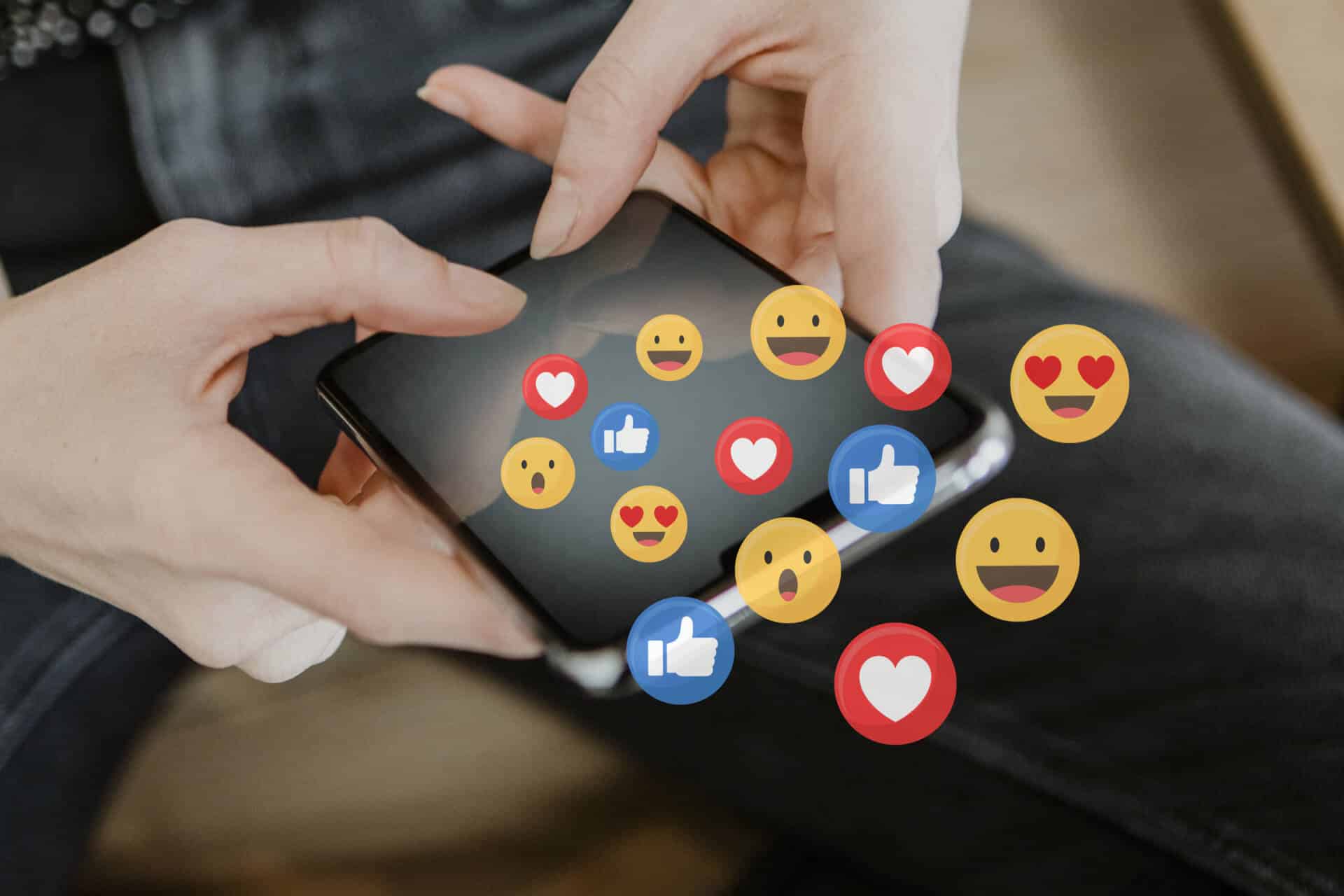What Can Crime Investigators Learn From Social Media?
If you are accused of a crime, the police may review your social media accounts in their effort to build their case against you. If you are charged with any crime on the basis of evidence found on the internet, get legal help by contacting a Denver criminal defense lawyer at once.
Social media forensics is the collection and analysis of electronic evidence that is available from social media accounts. Some evidence may be obtained only with a subpoena, but in many cases, evidence that is already available to the public provides investigators with abundant information.
According to the Congressional Research Service, seventy percent of the adults in the United States were using social media in 2021, up from only five percent in 2005. More of us now share our lives on social media, and that includes criminals who may, intentionally or unintentionally, leave behind evidence of their criminal activities on their social media accounts.
How is Social Media Evidence Used Against Criminal Defendants?
In a criminal prosecution, what you have posted on social media sites could make the difference between an acquittal and a conviction. It’s hard to believe, but people who plan crimes may share their plans on social media, and some people who have committed crimes boast about it online.
If you are charged with a crime in the State of Colorado, social media evidence may be used against you by the prosecution. Your posts on social media sites may be used to:
- Indicate your character: If you make comments about criminal activities, or if your online comments serve to promote or glorify hatred or violence, the prosecution may portray you as a dishonest or dangerous individual.
- Indicate your intent: If you write online that you would like to hurt someone, or if you post something on social media about planning or wanting to commit a crime, your comments can be used by a prosecutor to show that you harbored criminal intent.
- Cast doubt on your testimony: If you testify at a criminal trial, and you’ve lied online – or if you have posted comments online about your own dishonesty – a prosecutor can plausibly argue to the court that you are not a reliable witness.
- Prove you are guilty as charged: If your social media posts indicate that you have committed a crime, were involved in a crime, or knew about a crime, a prosecutor may offer those social media posts as evidence of your guilt.
Do Police Officers Go “Undercover” Online?
Along with reviewing what’s been posted online, criminal investigators have sometimes gone “undercover” on social media sites, creating false identities and fictitious social media accounts. They have used phony friend requests and direct messaging in their efforts to investigate crimes.
The New York Police Department set up a social media investigation unit in 2011, and the Los Angeles Police Department in 2013 established guidelines for that agency’s use of social media to investigate crimes.
In the Denver area, the Colorado Internet Crimes Against Children Task Force (ICAC) combines federal and local law enforcement agencies and prosecutors in Colorado who are trained to investigate and prosecute crimes against children that involve the internet.
Is it Legal for the Police to Lie Online?
Creating fictional online identities is a practice that a number of police departments have used to monitor theft rings, identify sexual predators, and investigate other crimes. In most of these cases, the courts have approved the use by police departments of fictional online identities.
The laws that govern the collection of evidence also apply to social media. In some jurisdictions, the police may need a warrant to obtain information from a social media account, particularly if the account holder has used the site’s privacy tools to hide the information from the public.
If the police violate your rights in an online criminal investigation, or if you are charged with a criminal offense on the basis of evidence that was obtained unlawfully, your Denver criminal defense attorney may seek to have the charge dismissed or the evidence in question suppressed.
What Else Should You Know About Social Media and the Law?
The police are not the only people conducting online investigations. If you file a personal injury claim in Colorado, or if you file for divorce, you can be certain that the other party’s attorney will be reviewing your social media accounts for evidence that will strengthen their client’s case.
It is always best to assume that every comment or response you post on a social media site can be found and may be used against you. There is never any guarantee that something you post to a social media platform, even if you use all of the site’s privacy tools, will remain private.
If you are charged with a crime in the Denver area, stay away from social media, and take your case immediately to a Denver criminal defense lawyer. When your freedom and future are at stake, you must have a good defense lawyer’s representation and advice. That is your right.
Charged With a Crime? Let Attorney Daniel M. Murphy Defend You
If you are facing criminal charges in or near the Denver area, contact the law offices of Denver criminal defense attorney Daniel M. Murphy at once. He will explain how the law in Colorado applies to your case, protect your rights, and bring the case to its best possible resolution.
If you’re innocent, attorney Daniel M. Murphy will fight aggressively and effectively for a dismissal of the case or for a not guilty verdict. If you are guilty and the evidence against you is persuasive, he will negotiate on your behalf for reduced or alternative sentencing.
For over twenty-five years, attorney Daniel M. Murphy has defended clients charged with crimes in Denver and throughout Colorado. If you are charged with a crime in the Denver area, now or in the future, contact his law offices at once – and call 303-996-8998 – to schedule an initial case review with no cost or obligation.




